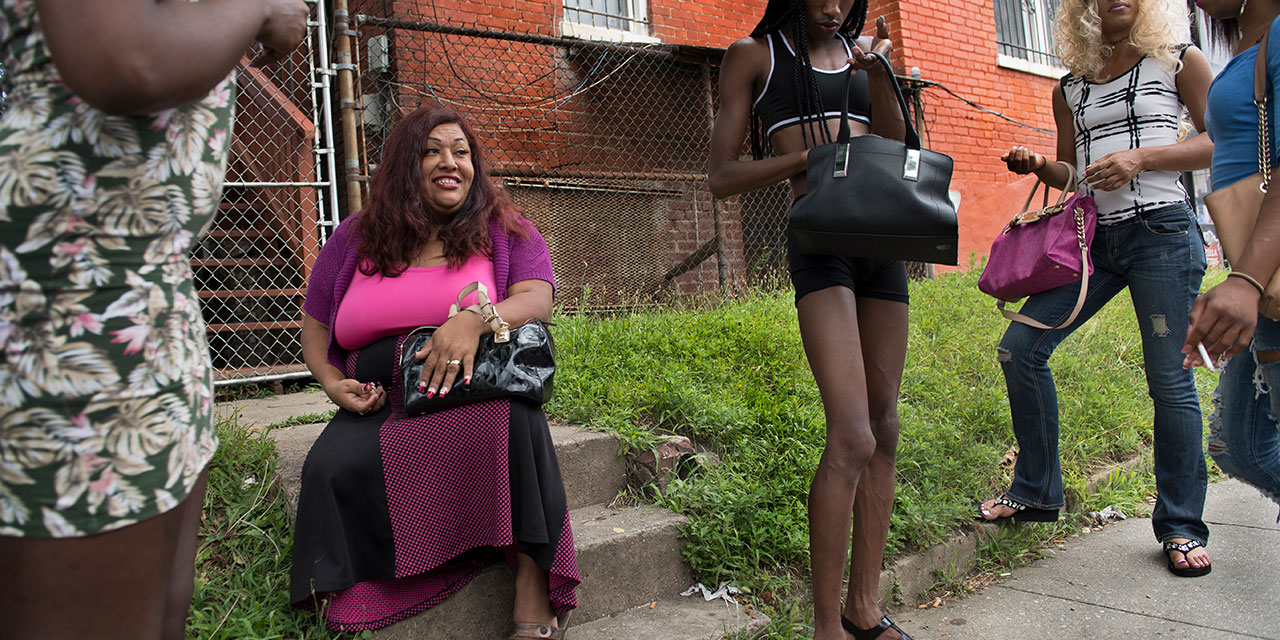
With a guilty plea to wire fraud in a federal courtroom last July, Ruby Corado’s fall from grace reached a new low. Corado was once much celebrated in D.C. as the face of Casa Ruby, a nonprofit that promised safe harbor and social services to transgender-identifying and immigrant Washingtonians. Corado parlayed this role into breathless news coverage, an award from the Human Rights Campaign, and a Georgetown speaking engagement. Hundreds of thousands of vaporized taxpayer dollars later, Corado is the face of a scandal that left staff unpaid, clients stranded, and city officials red-faced.
The Casa Ruby saga is more than just a tale of nonprofit mismanagement. It’s a microcosm of what happens when credulous civil servants and donors collide with lax oversight and a tidal wave of federal cash. And, in a city where the phrase “trust but verify” is more slogan than practice, it’s a case study in why even the most celebrated causes need hard-nosed scrutiny.
Finally, a reason to check your email.
Sign up for our free newsletter today.
Founded by Corado, a transgender-identifying immigrant from El Salvador, Casa Ruby began as a shoestring operation but grew into a multimillion-dollar nonprofit. In 2020, Casa Ruby’s annual revenue peaked at $4.2 million, buoyed by federal Covid-19 relief programs like the Paycheck Protection Program and the Economic Injury Disaster Loan. The D.C. government bankrolled the organization to the tune of over $9 million in grants, including an annual $850,000 shelter-bed grant, since 2016.
As the pandemic raged and relief dollars flowed, any financial controls that may once have existed evaporated. Casa Ruby’s board rarely met, ceded full financial control to Corado, and failed to respond to repeated warnings about financial irregularities. Board members lacked access to audits and allowed Corado to appoint new members and manage funds without oversight—an open invitation for trouble.
In July 2022, Casa Ruby abruptly shuttered, leaving around 30 employees unpaid and vendors owed tens of thousands of dollars. Corado, meantime, quietly sold a suburban Maryland home and decamped to El Salvador, taking along at least $150,000 in government funds.
Corado executed a low-tech, but nearly cinematic, heist—funneling a vast sum of Covid-19 relief money into personal accounts overseas, and then reportedly claiming in court that 85 percent of the funds were used “appropriately” and the rest for a mysterious “project,” offering no specifics. When the heat intensified, Corado fled the country, only to be arrested during an ill-advised return in March 2024. Released to home detention under a niece’s custody, the former nonprofit executive now awaits sentencing. The next court date is set for July 29.
The fallout of the hustle still festers. The Wanda Alston Foundation, appointed as receiver for Casa Ruby, filed a civil lawsuit against seven former board members on December 23, 2022, alleging that their negligence enabled Corado’s embezzlement. In May, an appellate court heard oral arguments on whether to reinstate the suit; the litigation will doubtless continue for years.
The Casa Ruby debacle signals the need for federal reform. Enter a February executive order, which empowers the Department of Government Efficiency to consult with agency heads to help identify which federal grants to modify—or terminate. DOGE embeds federal staff within nonprofits, demanding real-time access to financial records, and deploying AI-powered fraud-prevention systems to flag suspicious transactions.
DOGE has its critics, but in the case of Casa Ruby, it’s hard to argue that stricter oversight wasn’t needed. The organization’s collapse was facilitated by a board asleep at the wheel and a grant process that prioritized speed over scrutiny.
Ruby Corado’s sentencing will likely bring some closure, but the real work lies ahead. Nonprofits—especially those entrusted with public funds—need boards that ask hard questions, not just cheerlead. Government agencies must balance compassion with due diligence, even during times of “crisis.”
As for DOGE, one hopes that it will root out waste and fraud and set up processes that prevent future abuses. In the meantime, Washington’s nonprofit sector would do well to remember that in a city built on promises, the only thing more dangerous than cynicism is its absence.
Photo by Linda Davidson / The Washington Post via Getty Images
City Journal is a publication of the Manhattan Institute for Policy Research (MI), a leading free-market think tank. Are you interested in supporting the magazine? As a 501(c)(3) nonprofit, donations in support of MI and City Journal are fully tax-deductible as provided by law (EIN #13-2912529).
Source link


















